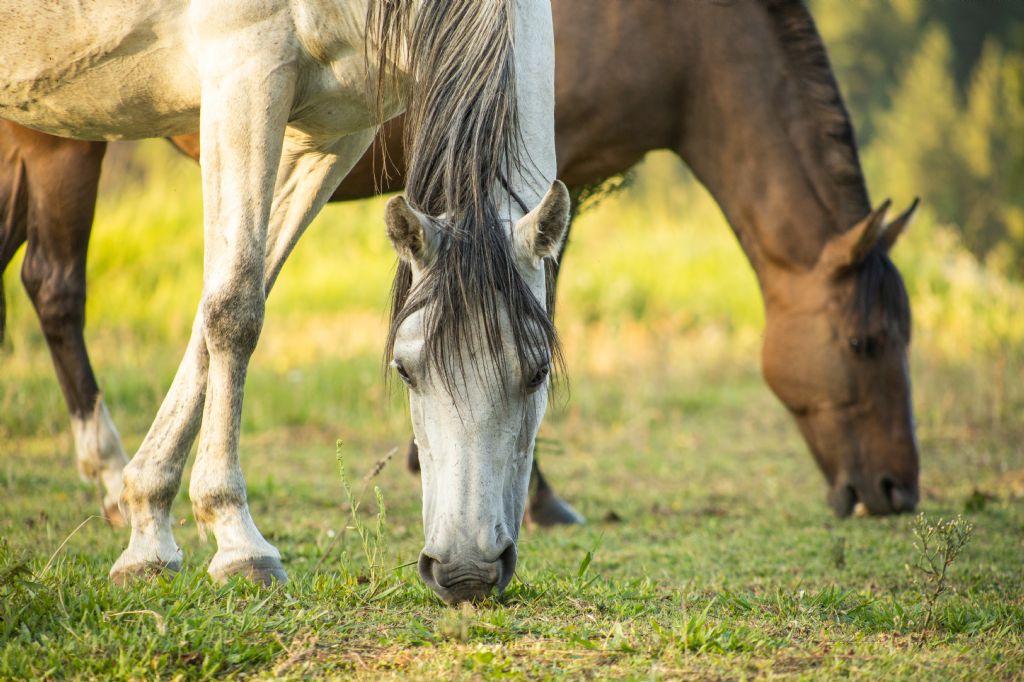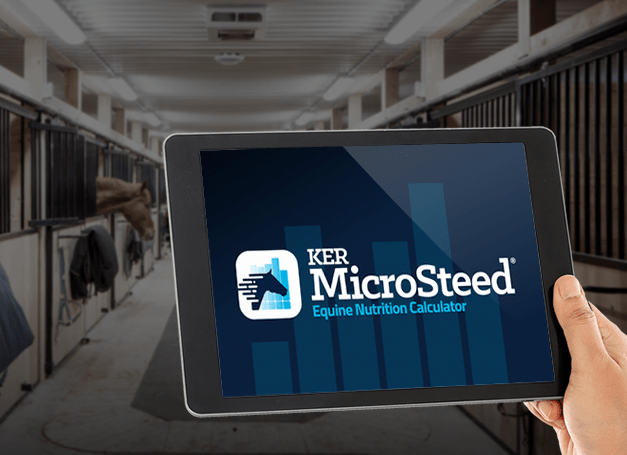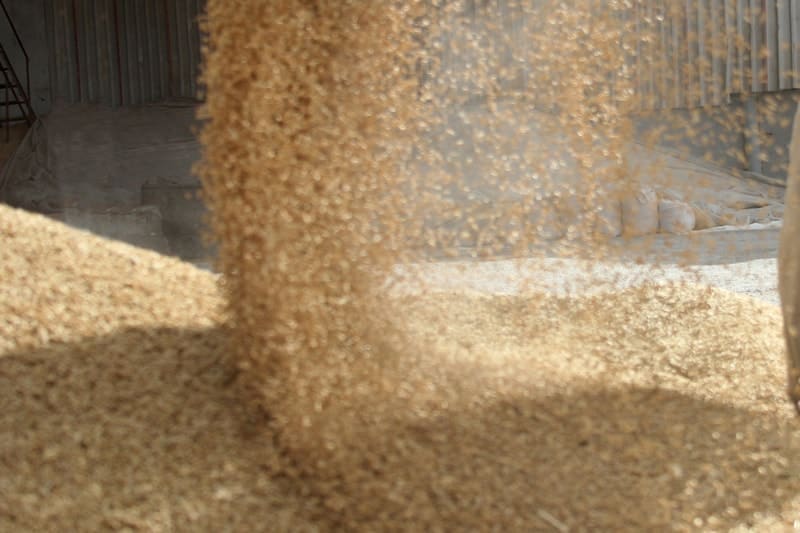Bluegrass News
The term ‘poor doer’ is often used to describe horses and ponies that lose weight easily and struggle to maintain it. Certain breeds such as Thoroughbreds are renowned for being poor doers, every horse or pony is an individual. Naturally in the winter horses tend to lose weight due to a drop in temperature meaning they will utilise the calories within their diet to stay warm. If you have noticed your horse dropping a significant amount of weight, we would first want to rule out any underlaying conditions. Once any issues have been ruled out, we can turn our attention to the diet and how we can increase the calorie content within it.
Forage should be the basis of all horse’s diets and each horse should consume at least 1.5 -2% of their body weight in pasture and/or hay daily. For those needing additional condition we will firstly want to provide ad-lib quality forage. Look for hay with soft steams as this shows it was harvested at the time when nutrient composition was at its peak and is better quality than crops that have been left to flower or seed, which will consequently have reduced nutrient quality. Remember forage also creates heat production, so an increase in forage will also help your horse heat themselves from the inside out!
Choose a high fibre feed that contains a high level of oil. Oil is 2.5-3 times higher in energy compared to traditional cereals. Increasing the level of highly digestible fibre within the diet will also help to increase the overall calorie intake whilst supporting gastrointestinal health. Products such as Cool N Condition Cubes, Prime Conditioning Mix, Re-Leve Mix & Re-Solve Cube, are all specially designed to support weight gain and topline development. These products all contain prebiotics and probiotics which support optimal gut health which in turn helps your horse get the most out of their feed. For horses that tend to be excitable, it is best to choose a feed containing less than 15% starch. However, it’s important to remember that the amount of starch consumed from any feed will depend on how much of it is eaten!
As a guide, you should aim to feed no more than 400g per 100kg of body weight, meaning that a 500kg horse should not receive more than 2kg per meal size. Therefore, it is important to weigh your feeds using their dry weight, not only to ensure you are following recommended feeding rates, but to also ensure that your meal sizes are an appropriate size to avoid gastrointestinal upset.
If you need any further advice, contact the Bluegrass Horse Feed nutritional helpline to speak with one of our nutritional advisors or fill out a Diet Request Sheet on our website for a free nutritional plan tailored to your horse’s needs.







.jpeg)




